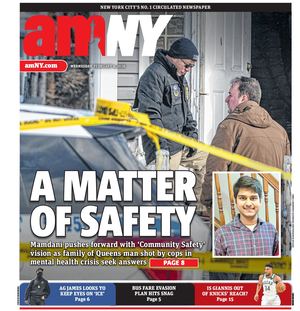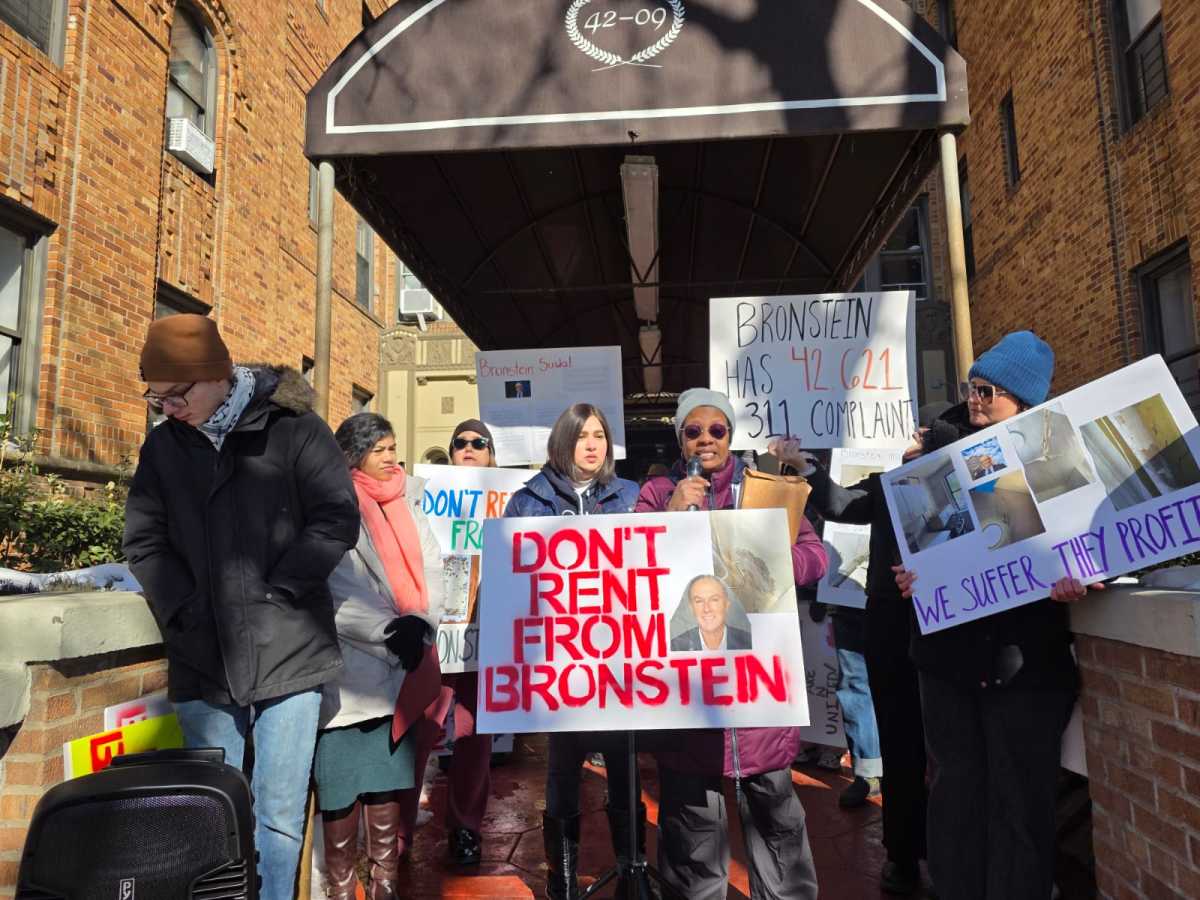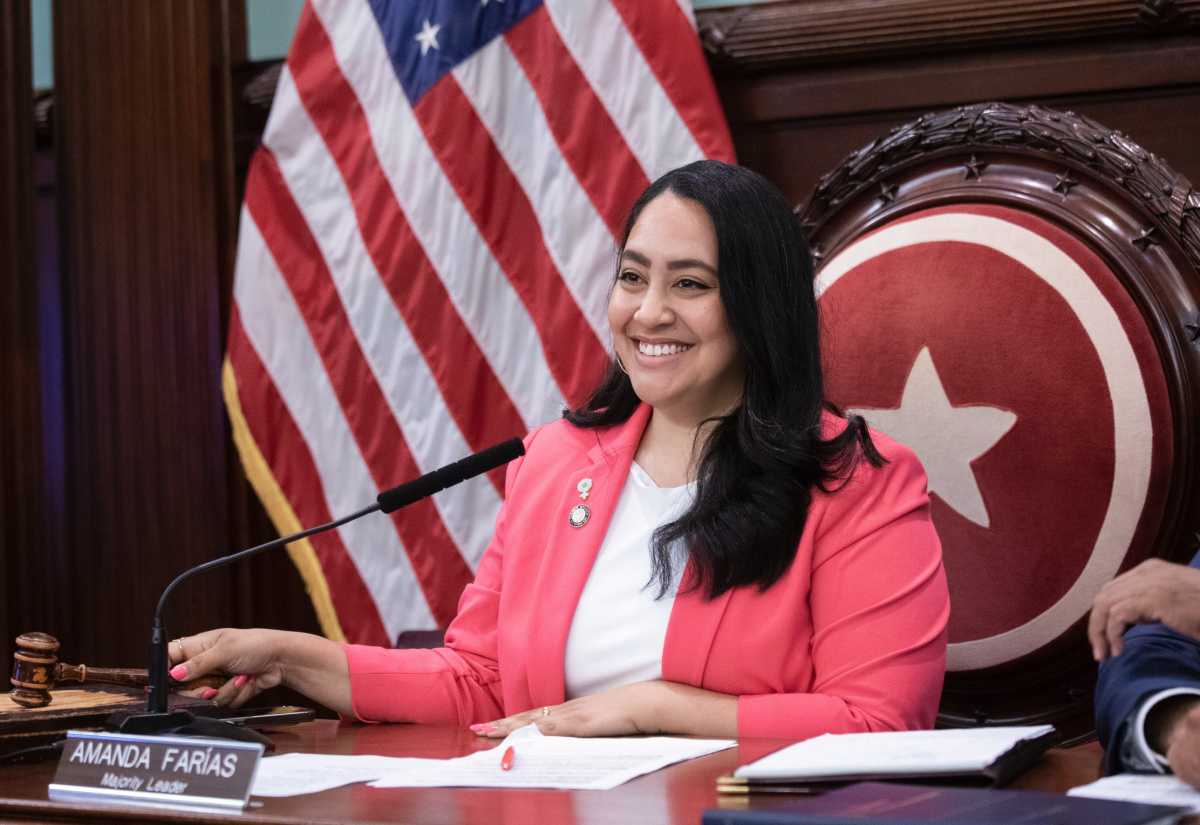The New York City Housing Authority is slated to announce Thursday which private development teams it will work with to convert 1,700 apartments scattered throughout smaller buildings into privately-managed units.
These so-called scattered site units have been grouped together in three bundles: 648 units located in 15 buildings in the Bronx, where the Gilbane Development Company, Dantes Partners, Apex Building Group and The Kraus Organization will get involved; 343 units in 13 buildings in the Bronx, where RDC Development will work with NYCHA; and 691 units in 31 buildings in Brooklyn, where Hunt Development Group and Pennrose Properties will join the venture, NYCHA said.
Deborah Goddard, executive vice president for capital projects at NYCHA, said the authority would be looking to close deals with the partnerships as soon as June. NYCHA expects the agreements to usher in a total of $300 million in building improvements at these sites within two years.
“This is really going to change their quality of life, relatively overnight, compared to what NYCHA can do to address these quality of life issues: boilers, elevators, kitchens,” Goddard said. “They’ve hit the lottery.”
Goddard said NYCHA would be executing the transition through the federal government’s RAD — or Rental Assistance Demonstration. Under RAD, NYCHA will push to sign 99-year leases with the selected development partners, where NYCHA maintains ownership of the land and has an interest in the partnership that owns the buildings and leases them.
The setup will allow NYCHA to hammer out an agreement that ensures residents’ housing rights remain relatively unchanged, and that they do not have to pay more than 30 percent of their income in rent.
The arrangement will also allow the private-public partnerships to access the more politically stable Section 8 federal funding stream, and use it to get financing for repairs in a way that NYCHA cannot.
Because NYCHA has not yet finished negotiating these three deals, the agency said it was not prepared to detail what sort of improvements residents can expect.
Polina Bakhteiarov, deputy director for real estate development at NYCHA, said the selected developers had committed to doing interior upgrades in bathrooms and kitchens. A scoping process along with resident input will later determine exactly what each building and apartment will need and get. She said residents can look forward to energy and sustainability upgrades.
“The stuff that NYCHA has not been able to keep up with, that should have been addressed before, they’ll take care of that first,” Goddard said. “Then they’ll plan on an ongoing basis what they’re doing over the next 20-year life of the project.”
The transition will also bring social service providers to each of the three bundles.







































